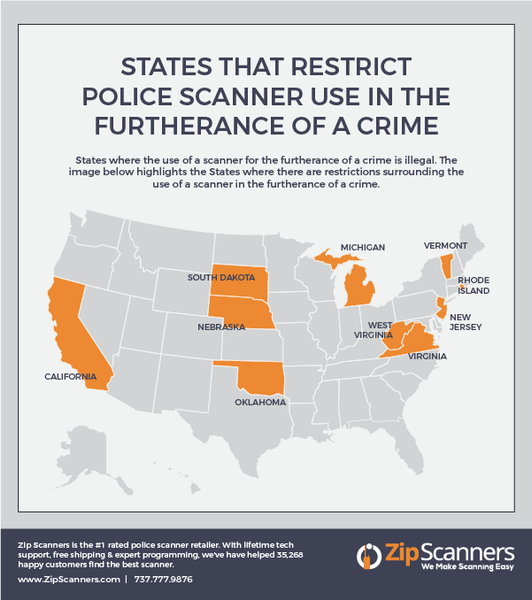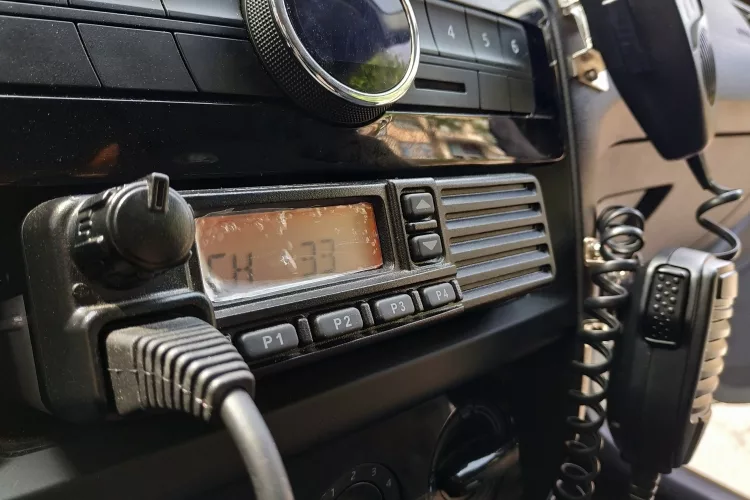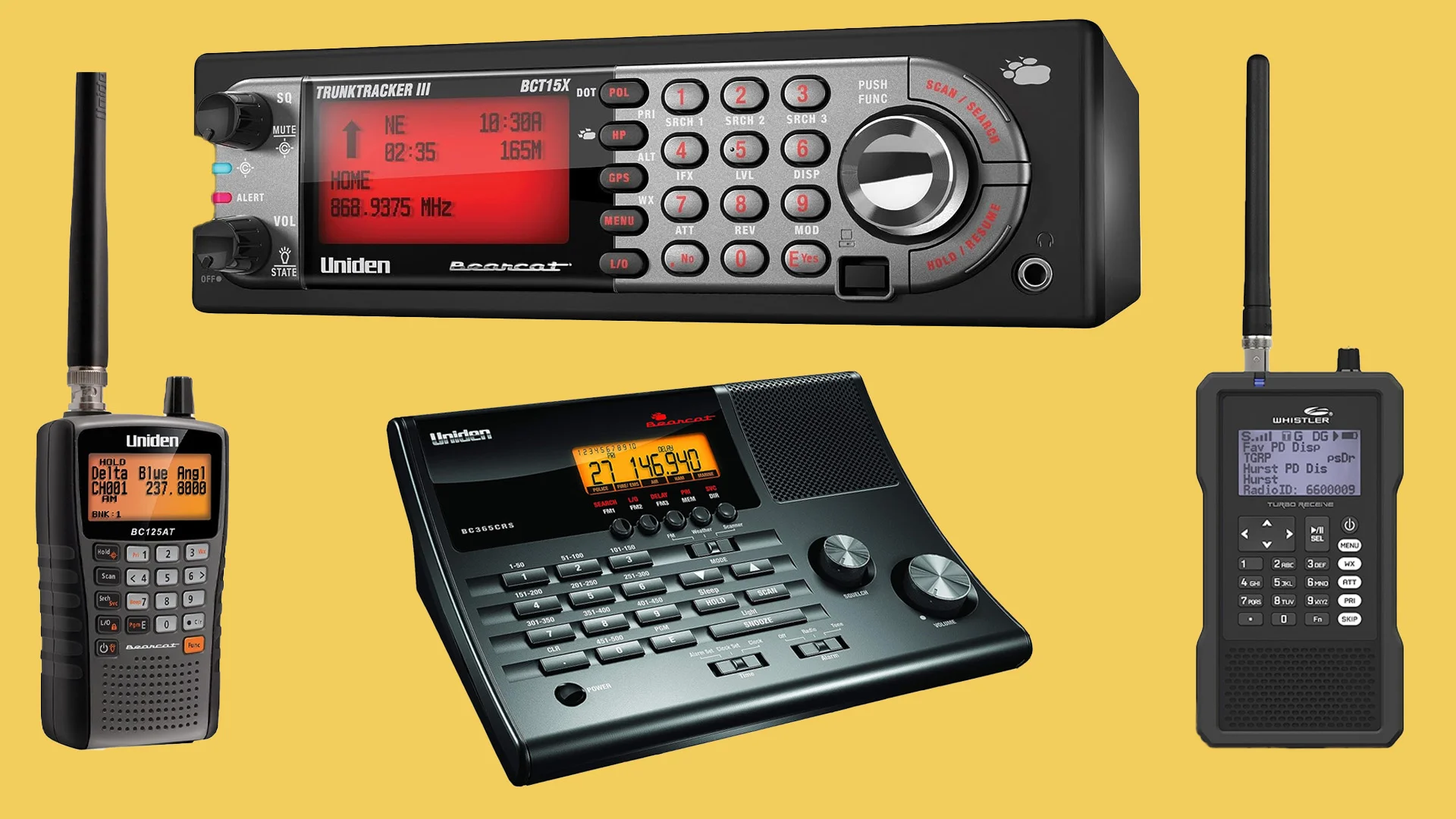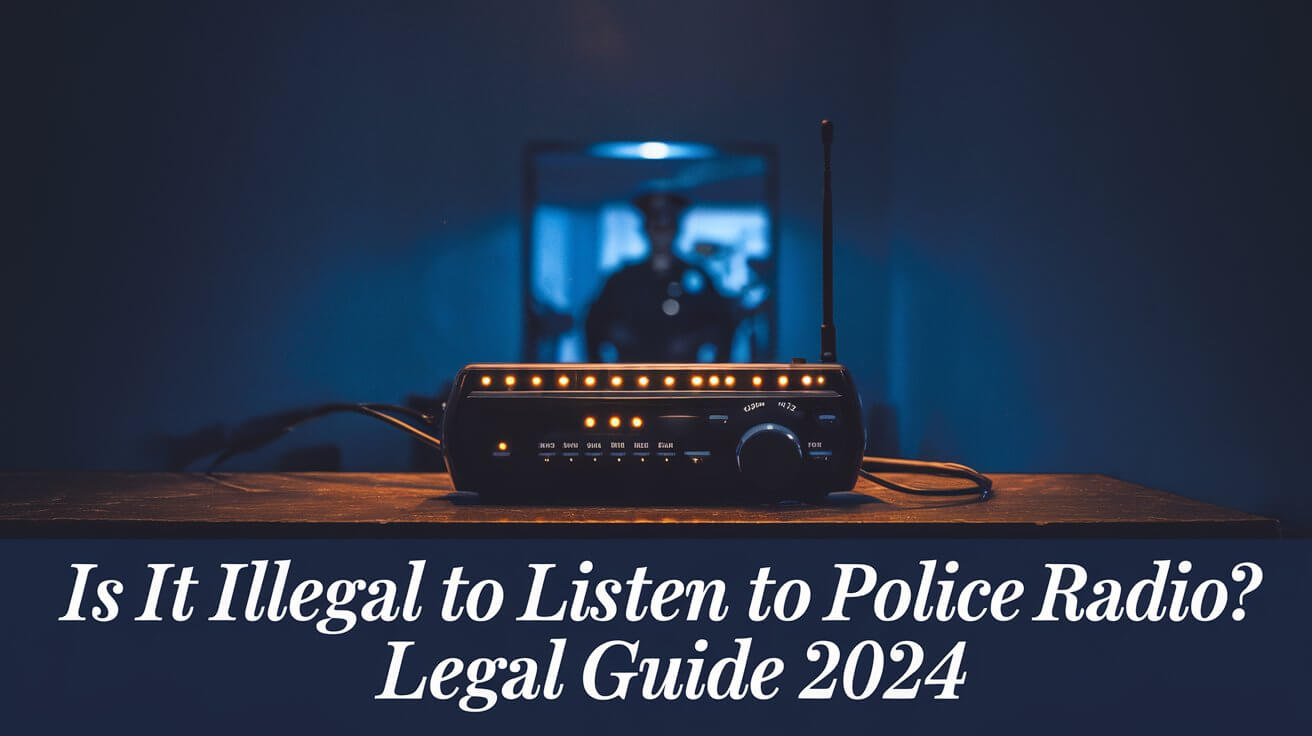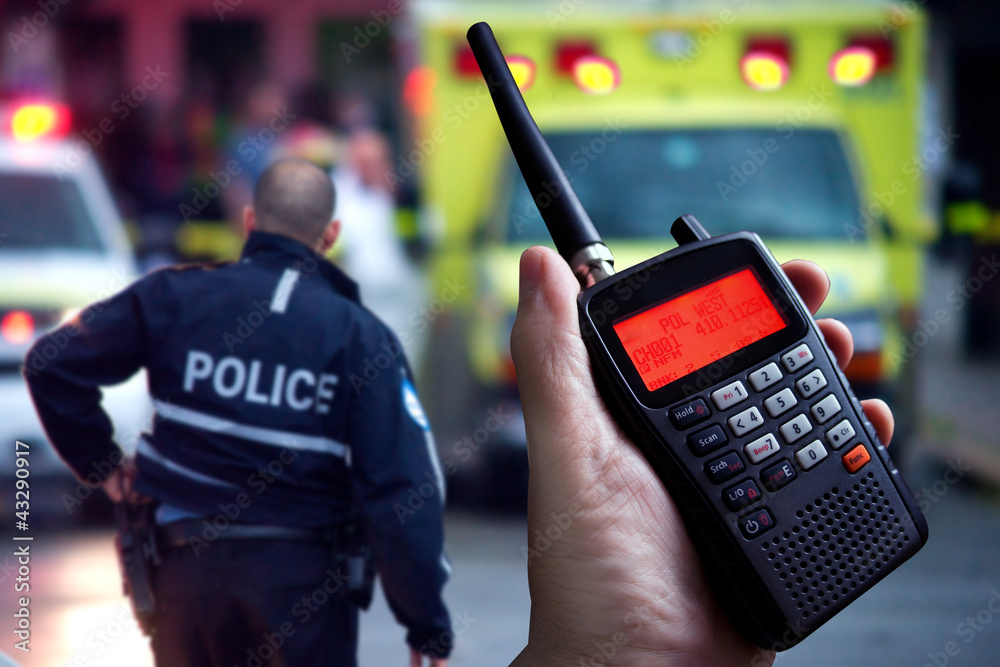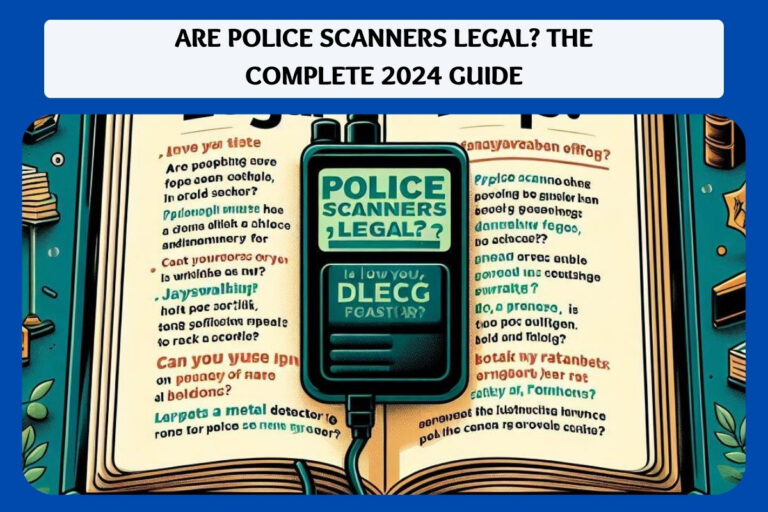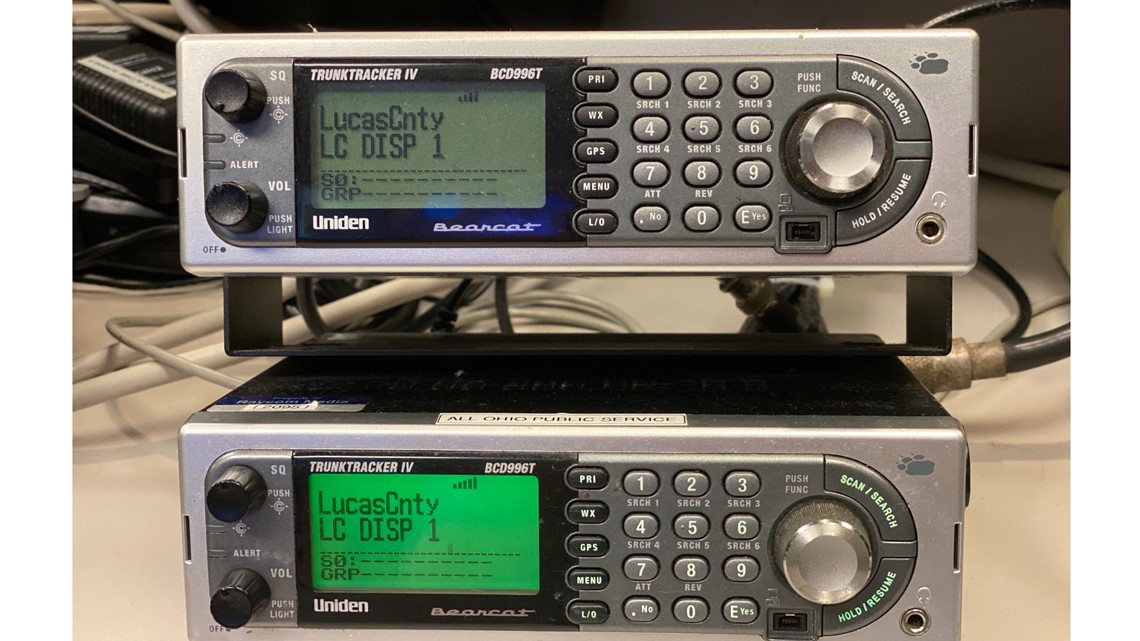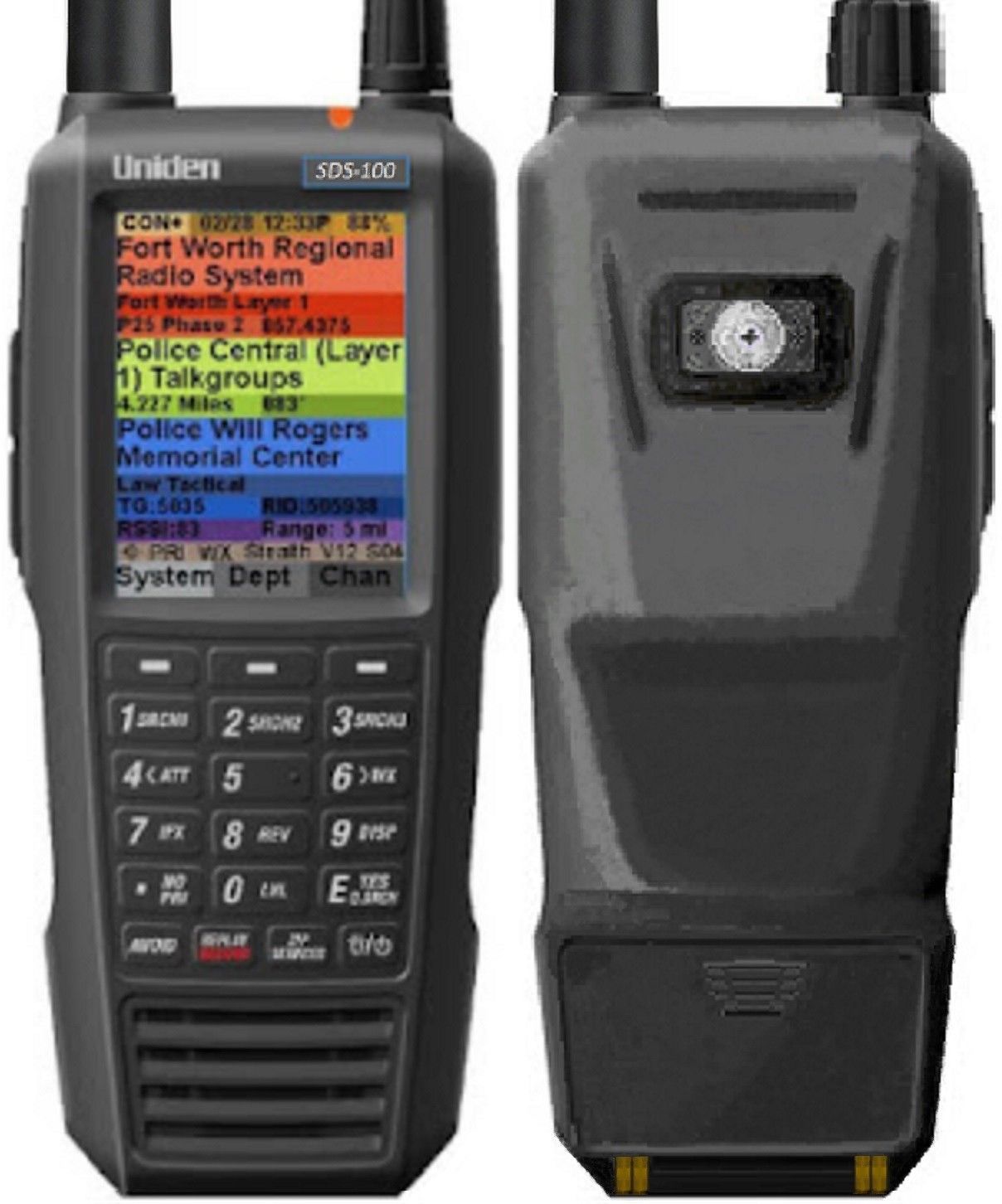What States Is It Illegal To Have A Police Scanner

Immediate action is needed for scanner enthusiasts. Laws governing police scanner usage vary drastically across the United States, and ignorance is no excuse.
This report clarifies which states impose restrictions or outright bans on owning or using police scanners, helping you stay within the legal bounds and avoid potential penalties. It is vital that you confirm the current laws in your area.
State-by-State Breakdown of Restrictions
Currently, there are no states where it is illegal to possess a police scanner in your home. However, many states regulate the usage of scanners, particularly in vehicles or during the commission of a crime. It is more often the usage that will get you in trouble than the possession.
States with Restrictions on Use in Vehicles:
Several states prohibit the use of police scanners while driving or operating a vehicle, often with exceptions for licensed amateur radio operators or members of emergency services. Here's the crucial breakdown.
Florida: Florida Statute 843.16 makes it a second-degree misdemeanor to use a police scanner while committing or attempting to commit a crime. The statute focuses on intent to use the scanner for illegal activities.
Kentucky: Similar to Florida, Kentucky law prohibits the use of scanners to further criminal activity or to impede law enforcement. Actual statutes vary by locality and circumstance.
Minnesota: Minnesota prohibits the use of scanners to aid in the commission of a crime. Local ordinances and laws determine the specifics of legal use.
New York: In New York, using a scanner to advance criminal actions is unlawful. Similar to other states, it’s the intent that determines legality.
Rhode Island: Prohibits the use of radio scanners during the commission of a crime or to interfere with police activities. Use of a scanner to avoid law enforcement actions is also illegal.
Federal Regulations:
Federal law also plays a role, particularly when it comes to intercepting certain types of communications. The Electronic Communications Privacy Act (ECPA) restricts the interception of cellular and cordless phone conversations. However, standard VHF/UHF radio transmissions used by many police departments are generally not covered by these restrictions, but this is a grey area.
Important Considerations:
It's crucial to understand that even in states where scanner use is generally permitted, there are exceptions. For example, using a scanner to gain an unfair advantage in a business or to harass individuals is almost always illegal.
Many states also have laws against using scanners to impede law enforcement or to aid in criminal activity. These laws are in place to prevent individuals from using scanners to evade arrest or to disrupt police operations.
Furthermore, some states may have local ordinances that further restrict scanner use. It's important to check with your local police department or city hall to see if there are any specific regulations in your area.
Disclaimers and Caveats:
Laws are subject to change, and this information is for general guidance only. It is not a substitute for legal advice. Always consult with a qualified attorney in your state to ensure compliance with all applicable laws and regulations. This article is not intended to provide legal advice.
This report also doesn't cover encryption. Most modern police communications are encrypted, rendering scanners useless for real-time monitoring in many areas. Encryption aims to protect sensitive information and prevent unauthorized access to communications.
Next Steps and Ongoing Developments
Stay informed about potential changes to scanner laws in your state. Regularly check your state legislature's website for updates on pending legislation related to radio communications. Contact your local representatives to voice your opinions on scanner regulations.
Consider joining amateur radio clubs or scanner enthusiast groups. These organizations can provide valuable information and resources about scanner laws and best practices in your area. They often have up-to-date information and can help you navigate the complexities of radio regulations.
Understanding and adhering to the laws governing police scanner use is paramount. Staying informed, seeking legal counsel when necessary, and engaging with your community can help ensure you enjoy your hobby responsibly and legally. Always exercise caution and prioritize ethical considerations when using a police scanner.
